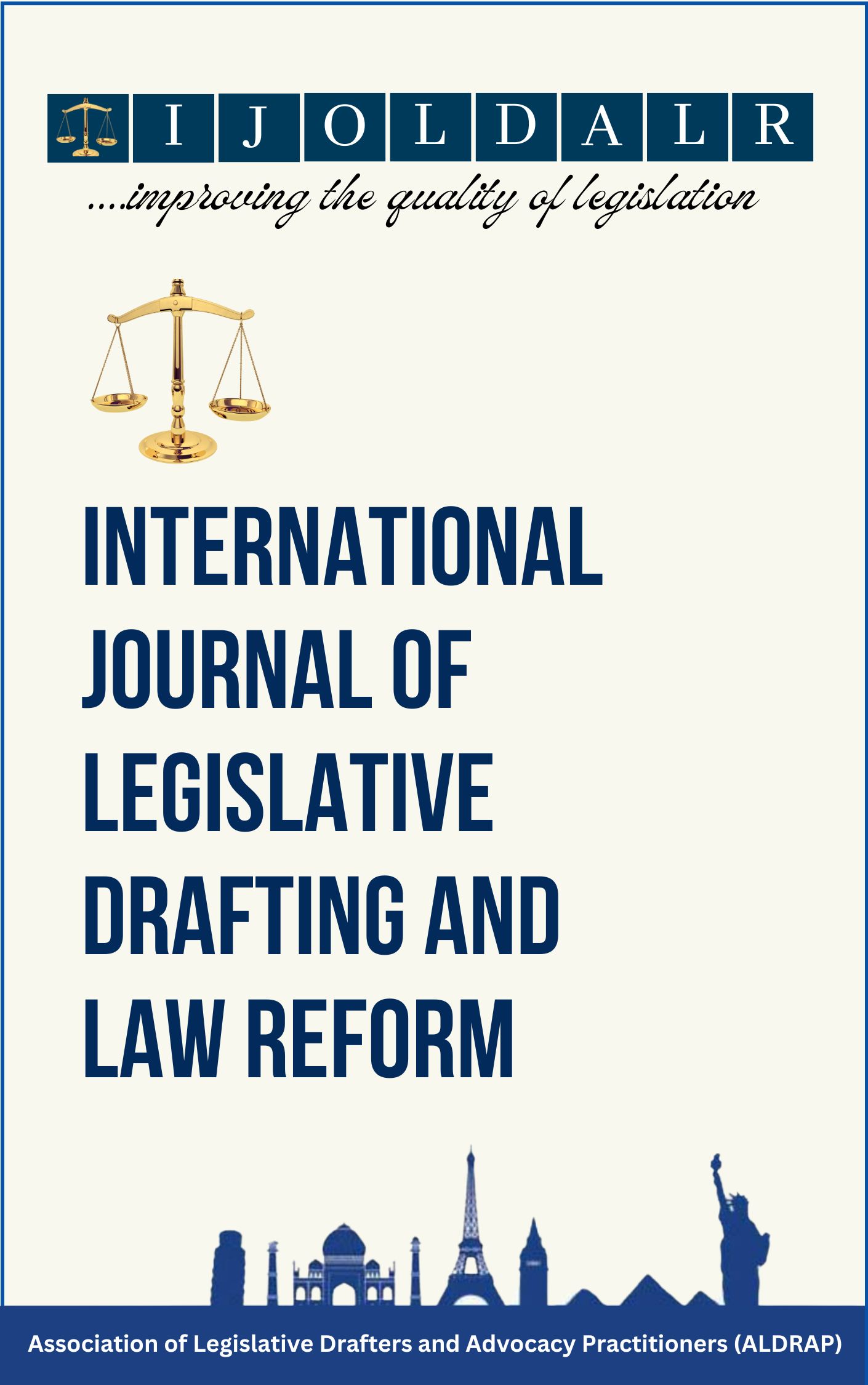Abstract
In 2007, in Amaechi v. INEC[1] (hereafter simply Amaechi), the Supreme Court handed down what is perhaps its boldest, most daring decision yet. The sheer popularity (or notoriety?) of this case obviates the need to set out the facts in any detail.Suffice it to say thatthe Supreme Court declared Rotimi Amaechi (now Minister of Transport) who didn’t actually contest the 2007 Rivers State Governorship election winner of the electionon the ground that he was the validly nominated candidate of his party, which had won the election using a pretender as its candidate. This decision set down a number of important principles sufficient to write a long essay, but most importantly, it set down two crucial principles which have come to be regarded as basic in our constitutional and electoral law: (i) that elections are contested, won and/or lost by political parties, not the candidates bearing their flags; and (ii) that a candidate entitled to nomination but substituted with a pretender can bring a pre-election action to compel the party to nominate him, and to secure an order to be sworn into the contested office if during the action the election is held and his party wins.



 National Library of Nigeria
National Library of Nigeria.jpg) Association of Nigerian Authors
Association of Nigerian Authors Nigerian Library Association
Nigerian Library Association EagleScan
EagleScan Crossref
Crossref